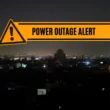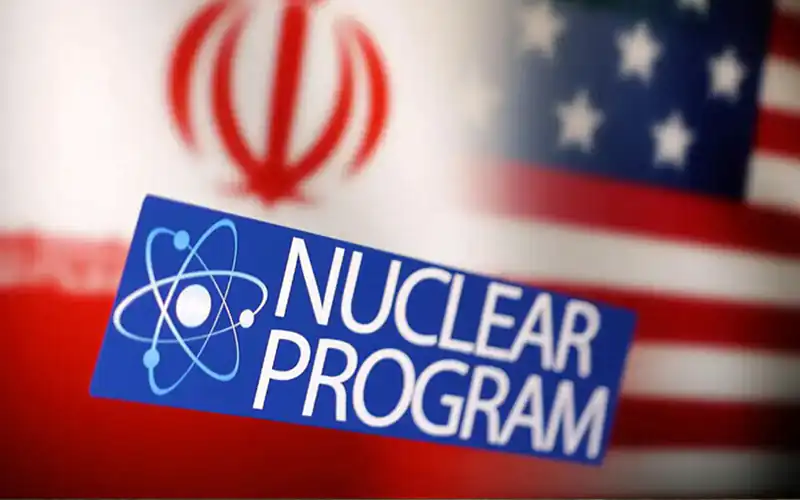Iran has responded to the recent US airstrikes on its nuclear sites by stating that such attacks are not new, and the country will continue its civilian nuclear program.
According to Al Jazeera, Behrouz Kamalvandi, spokesperson for the Atomic Energy Organization of Iran, said that Iran has experienced similar attacks in the past, but it remains committed to the peaceful development of nuclear energy.
Speaking to Iran’s Young Journalists Club, Kamalvandi confirmed that the Fordow, Natanz, and Isfahan facilities were hit in the US strikes. However, he stressed that there were no signs of radiation leaks at any of the sites.
“This is not the first time our nuclear sites have been attacked,” Kamalvandi said. “Given our capabilities, the nuclear industry will continue moving forward.”
The statement came after US President Donald Trump declared that the US had carried out a “very successful attack” on Iran’s nuclear infrastructure. Writing on Truth Social, Trump claimed that Fordow was the main target and that the plant had been completely destroyed. He added that all US aircraft had safely left Iranian airspace after the mission.
The Iranian Parliament has approved a decision to close the Strait of Hormuz after a recent US military attack on Iran, as a retaliatory measure following the destruction of its nuclear sites.
Iranian media reported that the final decision will be made by Iran’s top security leadership. Just days ago, Iran had warned that if the US supported Israel in the conflict, it would shut down the strait.
The Strait of Hormuz is one of the world’s most important oil routes, connecting the Persian Gulf with the Gulf of Oman.
Around 21 million barrels of oil pass through it daily from countries like Saudi Arabia, UAE, Kuwait, and Iran to Asia, Europe, and North America. It also handles 30 percent of the world’s gas exports, with around 90 ships using the route each day.
Many countries rely heavily on this passage. China imports half its oil through it, Japan 95 percent, and South Korea 71 percent. The route is also used to export LNG from Qatar and for shipping goods to Gulf states.











